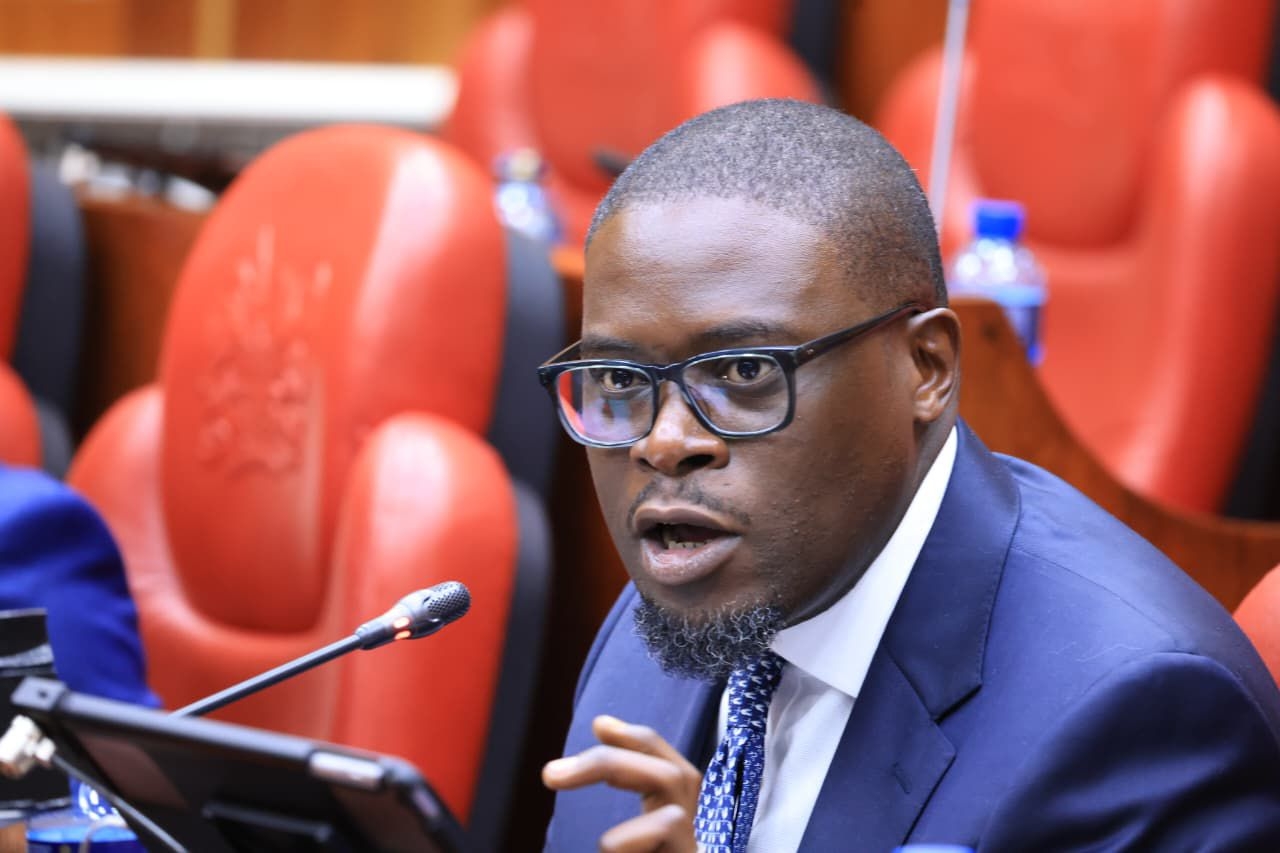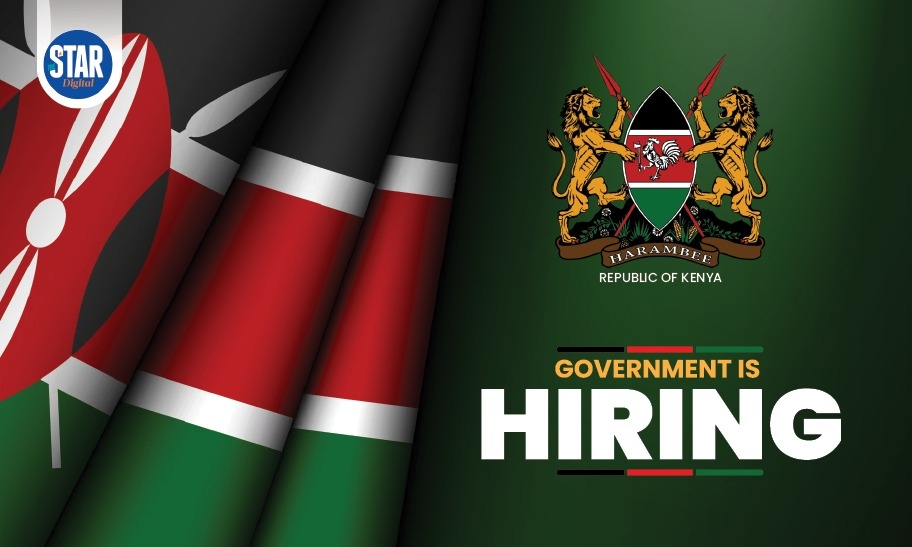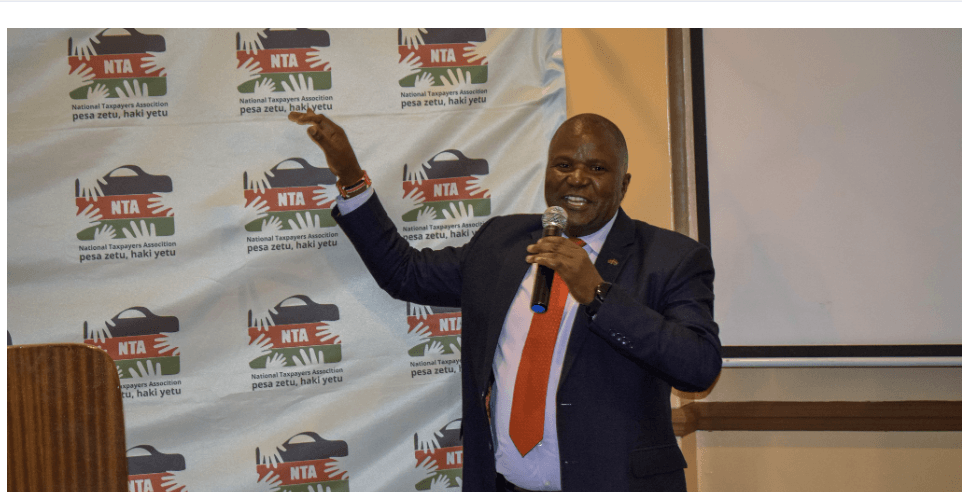East Africa Community (EAC) partner states have developed a long-term framework meant to guide planning and sustainable management of the water resources along the Lake Victoria Basin.
The water resources planning and management strategy which will be implemented in five phases will cost the East Africa Community ( EAC) partner states Sh75 billion to implement.
According to the executive secretary of the Lake Victoria Basin Commission Dr Masinde Bwire, the budget estimates to guide the strategy's implementation is expected to be approved during the next meeting of the council of ministers next month.
The Council of Ministers are expected to ratify the budget during the sectoral meeting which will kick off in Kisumu from 23rd to 27th October.
The broad-scoped plan highlights measures that will be taken by member states to tackle issues relating to watershed management, ecosystem conservation, water resources development, climate change and disaster risk management.
The plan also lays out strategies to be rolled out in water resources knowledge management, water policy and transboundary water governance by the EAC countries.
Speaking to the Star at the LVBC headquarters in Kisumu on Thursday, the executive Secretary noted the framework will be integrated with the 5-year strategic planning cycle of the LVBC, ensuring adequate institutional anchoring as well as periodic updating and alignment.
Dr Masinde said that the implementation of the strategy will take into consideration the lessons so far learnt by the Partner States in regard to the management of the transboundary water resources.
"These lessons include the importance of stakeholder engagement for gaining acceptance of the plan; dealing with gaps in scientific data and information and how local knowledge can complement and remedy these gaps," Dr Masinde said.
The Executive Secretary observed that the transboundary plan will only have relevance and gain the support of the residents of the basin if it addresses urgent local problems while also contributing to achieving regional development and integration goals.
He said that once the budget to implement the strategy is approved by the Sectoral Council of Ministers, the partner states that share the Lake Victoria Basin, it will kick off the mobilization drive for the funds required.
According to the executive secretary, the process of developing the strategy begins with a detailed situation analysis, based on existing documents review, intensive stakeholder consultation and collective basin vision development.
He revealed that the framework takes into account the uniqueness of transboundary basins, geographical location, and biophysical, economic, socio-cultural and political settings.
"The time horizon for the strategy is 2050, while five consecutive 5-year implementation plans have been developed, each with targets and indicators," he said.
Engineer Arsene Mukubwa who is coordinating the Integrated Water Resource Management project which is under implementation by the Lake Victoria Basin Commission said the Strategy comes in at a critical time as a guiding tool for regional investment planning.
Engineer Mukubwa pointed out that the strategy will also play a pivotal role in addressing the threatening water resources issues in the Lake Victoria Basin.
The 4th regional steering policy meeting for Lake Victoria Basin which focused on the Integrated water resource management held in Kisumu in February this year adopted the budget estimates that would support implementation of the framework.
Programmes that will be developed from the strategy for implementation in the basin include the Integrated Watershed Planning and Management Programme, Water Supply and Sanitation Programme and Water Resources Development Programme.
Others will be the Climate Change Adaptation and Mitigation Programme and the Hydrological, Water Quality and Climate Monitoring Programme.

















